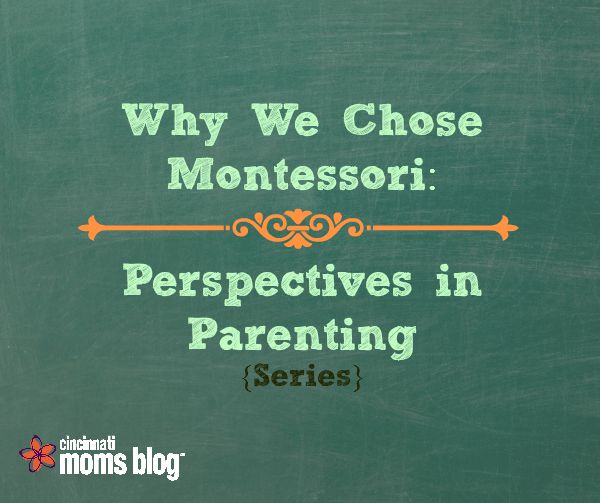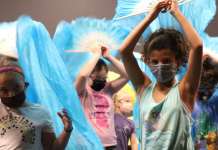 Before having kids I did not know that much about the Montessori approach to education. I had heard the term of course, but did not understand the details. I always just assumed it was something like unstructured “free range” education… you know for the “crunchy” families. My husband, however, attended Montessori school as a child, and he had nothing but great things to say about the experience. So, when I was pregnant with my first, I started paying more attention to the details and I will be honest… I fell in love.
Before having kids I did not know that much about the Montessori approach to education. I had heard the term of course, but did not understand the details. I always just assumed it was something like unstructured “free range” education… you know for the “crunchy” families. My husband, however, attended Montessori school as a child, and he had nothing but great things to say about the experience. So, when I was pregnant with my first, I started paying more attention to the details and I will be honest… I fell in love.
It is completely not true that there is no structure to this form of education. In fact, in my children’s particular school, this comes in spades. But, it’s structure with purpose and structure with choice… all combined into a beautiful little package designed to maximize my child’s potential while fostering personality and interests.
Montessori programs do still follow a curriculum, but how that curriculum is obtained may look a little different. At our Montessori school for example, there is still group time to begin the day and then there is a new work introduced by the teacher. The children are not allowed to do this work until it is taught (to ensure they know expectation for the materials and use them in a way that is in line with the goal of the lesson), but once it is taught they have a choice to do it – or not.
The children are allowed to explore the things they are interested in or trying to master. The teachers encourage them to try new things and build on a skill once they have mastered the level they are at, but it is so much more fluid. There are rules and responsibilities, but no hard and fast, sit here and do this specifically this way type of approach. They honor the individual. Take snack time for example. At our school, four children can have snack at one time. The child puts on a necklace when he/she is ready for their snack and then serves him/herself the designated portion of snack. This is done on an honor system… so there is going to be natural give and take to the process – just like in life. There is no snack “time”. As long as there is an available necklace, you can have snack whenever you are ready – or not at all. I am pretty sure Meredith eats her snack daily within the first 30 minutes of class and her teachers probably think I don’t give her breakfast.
Maria Montessori says “The child learns best with a social environment that supports individual’s own development.” She outlines the following basic components to her curriculum as important to the child’s development:
- Grace and Courtesy
- Practical Life
- Sensorial
- Language
- Math
- Cultural
- Art
When we first toured preschools with Nora, I remember asking each program what a typical day would look like. One teacher answered that they would do things like work on fine motor skills and color and shape recognition. These were things Nora had a good handle on already. I was underwhelmed with this answer and many that I received, What I wanted an environment that would teach my child to be independent, make good choices and be a good friend. While these are things we also work on at home, there is added benefit to these things being taught in the school environment. When I asked our Montessori teachers about a typical day, I got more than a task based answer. I got a process. Things like: If a child spills or breaks something, we ask for their participation in cleaning it up. If a child wants to use the art easel, first he/she will learn how to pour paint, wash brushes and how to care for the things used in the painting process. I cannot say it enough. I LOVE THIS! A school curriculum focused on process, not product supports everything I believe in as a child development expert. And it reinforces what I try to teach at home.
So to simplify it, we chose Montessori for our children for the following reasons:
- Emphasis on group as well as independent work – children are encouraged to work solo, in pairs, in groups and to ask each other for help.
- Personal responsibility – children are encouraged to be decision makers and manage own time well
- There is structure and expectations regarding care of objects and others – children patiently wait for their teachers to address them (this is amazing to see) and the lesson plans on how to be a good person are as important (if not more so) than things like learning to read.
- Nora is one of the older kids her class. It has been really nice that she has had flexibility to interact with the kindergarteners and pair up with them on work in addition to the younger preschoolers in her class.
But, a word of warning… while I highly recommend Montessori education, not all programs are created equal. And in fact, some preschools we toured claimed to be Montessori because they had a Montessori trained teacher, when in fact they were actually very much traditional classrooms. When you find true Montessori, you will know it. It is a class all its own.












